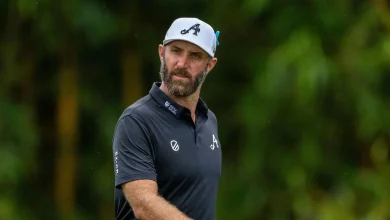Binance 11/11 Update: Two USDC Crypto Pairs in Fresh Listings

Major crypto exchange Binance is set to list two new USDC trading pairs on Nov. 11, or 11/11.
In an announcement, Binance issued a notice on new trading pairs to be added to the platform, a move it says will increase the list of trading choices offered on Binance Spot and improve users’ trading experience.
According to the announcement, Binance will open trading for MINAUSDC and XVG/USDC trading pairs on Nov. 11 (11-11-25 at 8:00 a.m. (UTC) and will also enable Trading Bot services as applicable.
In line with its current campaign, users will enjoy discounted taker fees on all existing and new USDC spot and margin trading pairs, including those of MINAUSDC and XVG/USDC, when they go live, until further notice.
Binance updates
Binance has announced support for Injective hard fork, scheduled for Nov. 11.
On 11-11-25 at 1:00 p.m. (UTC), Binance will suspend deposits and withdrawals of token(s) on the Injective (INJ) network to support its network upgrade and hard fork to ensure the best user experience.
The network upgrade and hard fork will take place at the block height of 141,150,000, or approximately at 2:00 p.m. (UTC) on Nov. 11.
In a recent tweet, Binance revealed an additional line up of speakers at its upcoming event, Binance Blockchain Week, scheduled for Dec. 3-4 in Dubai. Binance executives, including CEO Richard Teng; Yi He, cofounder of Binance; Rachel Conlan, Binance CMO; and Catherine Chen, Head of VIP and Institutional at Binance, will take the stage at the event.
As reported, the event is slated to feature Ripple CEO Brad Garlinghouse; Strategy chairman and cofounder Michael Saylor; Raoul Pal, cofounder and CEO of Real Vision; and former Binance CEO and founder of Giggle academy Changpeng “CZ” Zhao as speakers.





